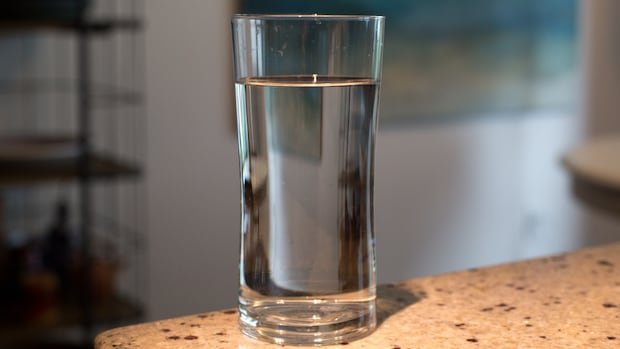Drinking eight glasses of water a day is a common recommendation, but determining the exact amount of water needed by an individual can be more nuanced. According to Dr. Jane Thornton, a sports medicine physician and former Olympic rower from London, Ont., listening to your body’s thirst signals is a good starting point for most healthy adults. Factors such as weather conditions, age, and exercise duration also influence hydration needs.
Experts emphasize that hydration guidelines need not be overly complicated. While the traditional advice of consuming eight glasses of water daily may not suit everyone, recent studies highlight the variability in water requirements based on factors like age, health status, and physical activity levels. Most people can obtain fluids from various sources such as fruits, vegetables, coffee, and tea, reducing the necessity for a fixed daily water intake.
Rather than focusing on a set amount of water, Dr. Thornton suggests drinking according to thirst. She stresses that there is no universal magic number for water intake. Stephen Cheung, a professor in kinesiology at Brock University, echoes this sentiment, dispelling the myth that constant drinking is necessary. He points out that thirst is a reliable indicator for maintaining adequate hydration levels for most individuals, except for young children, infants, and seniors who may struggle to recognize thirst cues.
Recognizing signs of dehydration, such as difficulty concentrating, headache, or darker urine, is crucial to prevent more severe consequences like organ failure. Hydration is essential for regulating body temperature, lubricating joints, preventing infections, and delivering nutrients to vital organs, as highlighted by registered dietitian Emily Campbell.
While water remains the best hydrating option, incorporating electrolyte-rich beverages during prolonged exercise can help replenish essential minerals like sodium, calcium, potassium, and magnesium. Dr. Thornton recommends options like bananas and watermelon as natural sources of electrolytes for refueling during or after workouts.
Regarding hydration during exercise, experts caution against the belief that immediate water replacement is necessary upon sweating. The body can tolerate mild dehydration, and most individuals can self-regulate their fluid intake post-exercise. Environmental conditions and exercise intensity significantly influence dehydration rates, emphasizing the importance of adjusting fluid intake accordingly.
Monitoring fluid loss through weighing oneself before and after exercise can provide insights into individual hydration needs. Over-hydration, while rare, can lead to water intoxication, but the body’s renal system effectively regulates fluid balance to prevent excessive hydration. Maintaining a balance in fluid intake based on thirst signals is key to ensuring optimal hydration levels.

